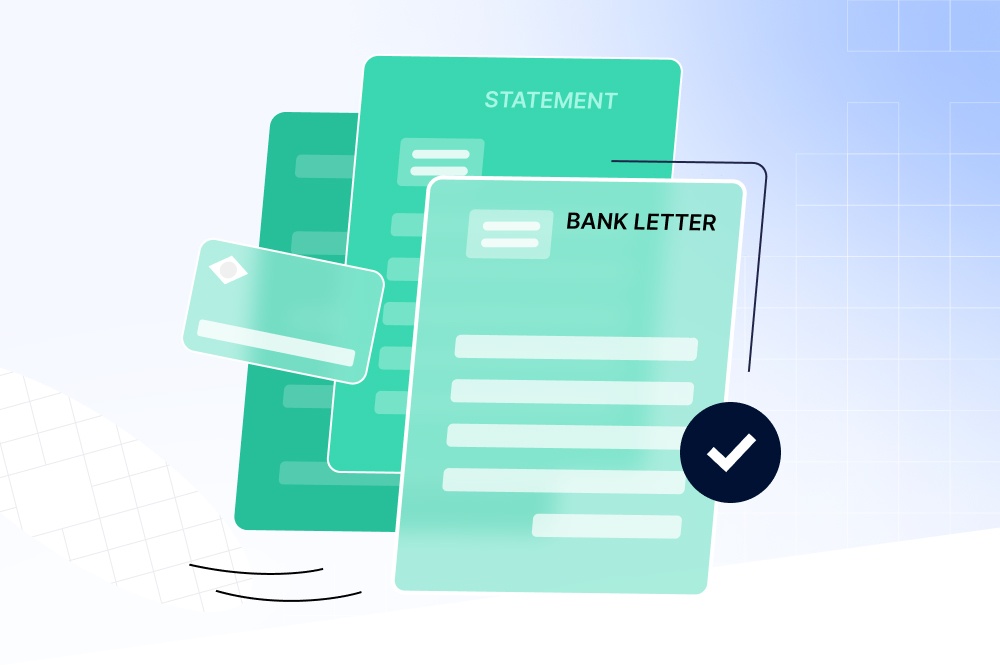Sumsub Has Launched Proof Of Address Document Subtypes Recognition For Fintech Companies

UK-based identity verification software provider, Sumsub, offers a new level of address verification to help businesses stay compliant and avoid fines.
London, April 27, 2022 — Sumsub, a tech company that helps businesses stay compliant and fight digital fraud, has recently added document subtype recognition to its Proof of Address verification solution. Now user verification flows can be adjusted to specific regulatory requirements since companies can set different rules based on the type of the document submitted.
Proof of address, or PoA, is a document that verifies a person’s permanent residence. Checking such documents is one of the basic requirements for KYC/AML compliance. However, the legitimacy of one’s PoA is not always certain.
PoA can be confirmed by submitting documents such as bank statements, utility bills, voter registration, mobile operator bills, etc. Some documents, such as bank statements and tax bills, are considered less risky since they are difficult to obtain and harder to fake. Other types are associated with high forgery rates. Mobile phone bills, for instance, are riskier since SIM cards can be sold to anyone everywhere, regardless of their actual long-term residence.
With subtypes recognition, Sumsub’s customers can not only see what kind of document is used as PoA, but also decide which documents they want to accept as proof based on their regulator’s requirements. “With our Proof of Address document subtypes check, you can leverage risks with your service accessibility. It is now easy to differentiate rules based on the type of the document submitted. For instance, you can offer a higher deposit for your applicant if they use a bank statement, or allow them less if they verify their address with a mobile bill.” – explains Andrew Novoselsky, Chief Product Officer.
As always, verification speed is crucial. That’s why document subtypes checks require no more than 5 to 10 additional seconds to the PoA verification, and can be smoothly integrated into the onboarding flow. The document subtypes available include telecom bills, utilities, and government-issued statements (like voter registration or tax bills), bank statements/certificates and mobile operator bills.
This new feature is primarily aimed at the fintech market, since companies in the trading sector are often obliged to verify their users’ residence and understand their clients’ risk scores.
About Sumsub
Sumsub is an international tech company that helps businesses onboard online clients and comply with AML/KYC regulations with AI-driven identity verification tools. It was founded by three brothers—Andrew, Jacob, and Peter Sever—and uses forensic anti-fraud software to make identity verification fast, secure, and transparent for clients.
Sumsub’s business model is based on adjusting verification & identification services to global compliance requirements. Thanks to a strong in-house legal team, Sumsub has grown into a leader within this sector, helping businesses comply with regulations in more than 220 countries. The company’s methodology follows FATF recommendations—the international standard for AML/CTF rules.
Sumsub offers an all-in-one, customizable solution that verifies users no matter their language or location—helping businesses scale to international markets faster and adhere to global compliance requirements more efficiently. The platform is easily adjustable and offers a wide range of solutions, from fully-automated identity verification to agent-assisted verification.
Sumsub takes a risk-based approach and follows both global and local regulatory norms (FATF, FINMA, FCA, CySEC, MAS). All data is kept on Amazon GDPR-compliant servers, which are located in the EU. Overall responsibility for all data lies with the DPO (Data Protection Officer).